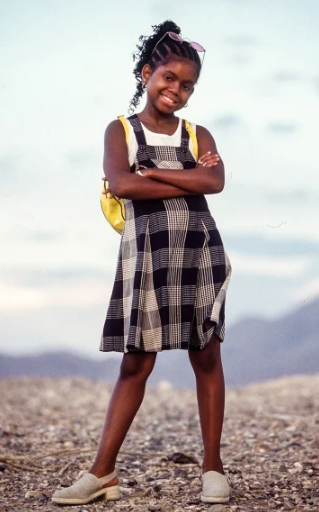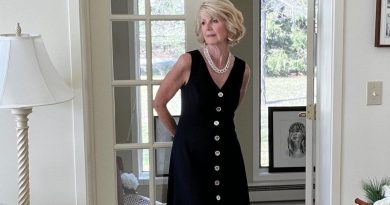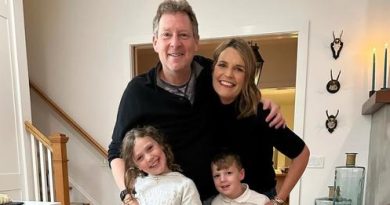Hydeia Broadbent, prominent HIV/AIDS activist, dies at 39
Broadbent became a fixture in HIV/AIDS advocacy before medications became available that could make living with HIV more manageable.
Hydeia Broadbent, a prominent HIV/AIDS activist who gained media attention for being a part of America’s “first generation of children born HIV positive” in the late 1980s, died Tuesday. She was 39.
Her father, Loren Broadbent, announced her death on Facebook early Wednesday morning. He did not give a cause of death.
“With great sadness, I must inform you all that our beloved friend, mentor and daughter Hydeia, passed away today after living with Aids since birth,” he wrote. “Despite facing numerous challenges throughout her life, Hydeia remained determined to spread hope and positivity through education around HiV/AIDS.”
As an infant, Broadbent was abandoned at the University Medical Center of Southern Nevada in Las Vegas and later adopted by Loren and Patricia Broadbent. It was presumed that Broadbent was born with HIV, but she was not diagnosed until she was 3.
Broadbent initially tagged along with her mother, a social worker, as she began speaking publicly about HIV and trying to reduce the stigma surrounding the virus at the time, especially for the sake of children who had been diagnosed with it. By age 6, the elementary grade-schooler began to speak, too, eventually taking the helm.
Broadbent became a fixture in HIV/AIDS advocacy before medications became available that could make living with HIV, the virus that causes AIDS, a more manageable chronic illness.
She appeared on a Nickelodeon special about HIV and AIDS with Magic Johnson in 1992, shortly after the basketball star’s own public diagnosis with HIV. When it was her turn to talk, Broadbent began to sob, pleading, “I just want people to know that we’re just normal people.”
Johnson consoled the young girl. “You don’t have to cry, because we are normal people. OK? We are.”
Years later, Johnson told CNN that was a turning point in his life.
“That very moment was both sad and inspirational,” he said in 2012. “It made me want to do more to bring awareness to the disease and educate people so that no one would have to feel the way she did that day.”

Hydia Broadbent in the Las Vegas Desert in a Sept. 1997 photo. Craig L. Moran / AP file
In 1996, Broadbent, then 12, addressed the Republican National Convention with a poem declaring: “I am the future, and I have AIDS. I can do anything I put my mind to. I am the next doctor. I am the next lawyer. I am the next Maya Angelou. I might even be the first woman president. … You can’t crush my dream. I am the future, and I have AIDS.”
She and her mother co-wrote a book in 2002, “You Get Past the Tears: A Memoir of Love and Survival,” about their experience as a family.
Broadbent continued to work in advocacy and awareness of HIV, particularly with ensuring that Black communities were engaged with understanding HIV, reducing stigma, practicing safe sex or abstinence, and getting tested regularly. In addition to appearing on TV shows and specials over the years, Broadbent was honored by Essence magazine, The Grio, Ebony, the American Red Cross and others. Broadbent had been working with the Magic Johnson Foundation for the last decade, according to BET News.
In 2018, on her 34th birthday, Broadbent wrote a blog post on her website celebrating the milestone, as someone in “the first generation of children born HIV positive,” and whose adoptive parents were told she would not live past 5.
“These last few years have been extremely difficult; struggles with depression, which reached scary points,” she wrote. “A depression so dark, I was not sure how I would see the beauty in life again. I was unsure of how I’d pull myself back up. I now have a new outlook, I’m able to now see the blessing’s, and lesson’s from my valley. I am a warrior, I raise each day, with purpose, while still being a work in progress.”
This article first appeared on NBC News.com.




